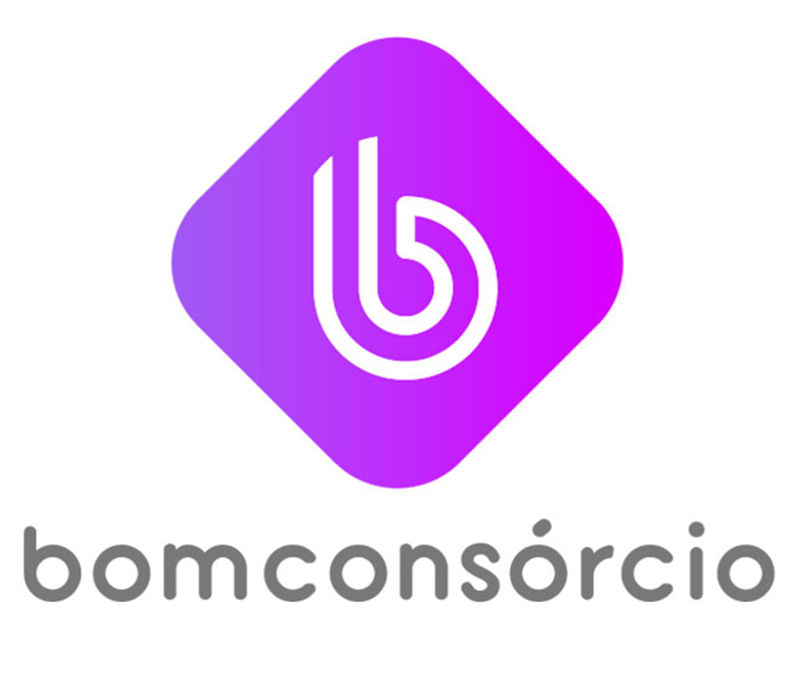

BomConsórcio

Bahia, Brazil
January 2021
Web portals
Service with Minor Environmental Footprint
Brazil
Primeiro marketplace de consórcios 100% digital e seguro, o BomConsórcio atua nacionalmente apoiando as Administradoras no oferecimento de alternativas justas a consorciados que não têm mais condições ou interesse em permanecerem com seus consórcios. Desde 2014, em parceria com algumas das maiores administradoras de consórcios do Brasil, a fintech tem sido fundamental na reestruturação de um mercado secundário historicamente marcado por dificuldades de segurança e escalabilidade e na promoção da educação e inclusão financeira a dezenas de milhares de famílias atendidas. As the first 100% digital and secure consórcio marketplace, BomConsórcio operates nationwide, supporting consórcio administrators in offering fair alternatives to those who no longer have the means or interest to continue with their quotas. Since 2014, in partnership with some of the largest consórcio administrators in Brazil, this fintech has been instrumental in restructuring a secondary market historically marked by security and scalability challenges, and in promoting financial education and inclusion to tens of thousands of families served.
Overall B Impact Score
Governance 19.4
Governance evaluates a company's overall mission, engagement around its social/environmental impact, ethics, and transparency. This section also evaluates the ability of a company to protect their mission and formally consider stakeholders in decision making through their corporate structure (e.g. benefit corporation) or corporate governing documents.
What is this? A company with an Impact Business Model is intentionally designed to create a specific positive outcome for one of its stakeholders - such as workers, community, environment, or customers.
Workers 34.6
Workers evaluates a company’s contributions to its employees’ financial security, health & safety, wellness, career development, and engagement & satisfaction. In addition, this section recognizes business models designed to benefit workers, such as companies that are at least 40% owned by non-executive employees and those that have workforce development programs to support individuals with barriers to employment.
Community 22.1
Community evaluates a company’s engagement with and impact on the communities in which it operates, hires from, and sources from. Topics include diversity, equity & inclusion, economic impact, civic engagement, charitable giving, and supply chain management. In addition, this section recognizes business models that are designed to address specific community-oriented problems, such as poverty alleviation through fair trade sourcing or distribution via microenterprises, producer cooperative models, locally focused economic development, and formal charitable giving commitments.
Environment 13.2
Environment evaluates a company’s overall environmental management practices as well as its impact on the air, climate, water, land, and biodiversity. This includes the direct impact of a company’s operations and, when applicable its supply chain and distribution channels. This section also recognizes companies with environmentally innovative production processes and those that sell products or services that have a positive environmental impact. Some examples might include products and services that create renewable energy, reduce consumption or waste, conserve land or wildlife, provide less toxic alternatives to the market, or educate people about environmental problems.
Customers 4.8
Customers evaluates a company’s stewardship of its customers through the quality of its products and services, ethical marketing, data privacy and security, and feedback channels. In addition, this section recognizes products or services that are designed to address a particular social problem for or through its customers, such as health or educational products, arts & media products, serving underserved customers/clients, and services that improve the social impact of other businesses or organizations.